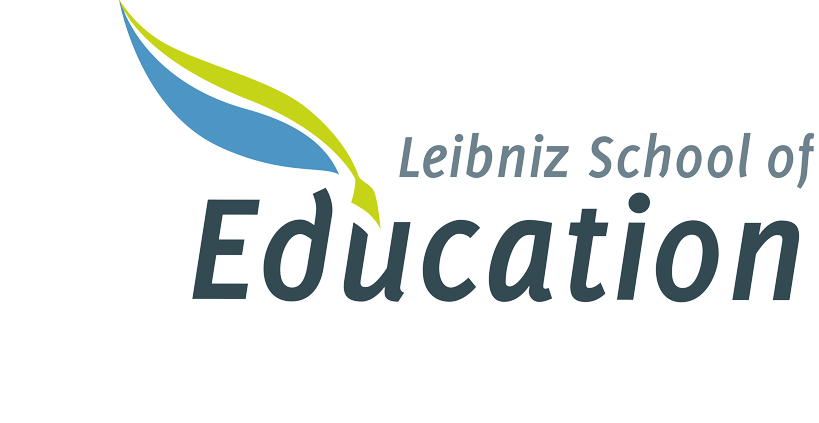Within the framework of the various work packages of the project, doctoral theses are written by the research staff in the context of their main topics. These complement the broad spectrum of activities of the fields of action of the vocational teacher education within this project.



Johannes Drews, M. Ed. | Institute of Vocational Education and Adult Education
Promotion of media-related competencies and teaching methodology for vocational school teachers in working with Learning management systems
-
Supervision
Primary Examiner: Frau Prof. Dr. Julia Gillen, Leibniz University Hannover
Secondary Examiner: Frau Prof. Dr. Alexandra Bach, Leibniz University Hannover -
Abstract of the Research Project
Teachers at vocational schools require media-related and media-pedagogical competencies for working with learning management systems, which so far can only be derived to a limited extent from curricular syllabuses and media competence modules. In the context of this dissertation project, the term "media pedagogical user competencies'' can be used to refer to all competencies that allow the integration of new methodological and content-related elements of the learning management systems at the centre, following the "TPACK model" (Mishra/ Koehler 2006) and other research work on such media competences (e.g. Becker et al. 2020). The central research question here is:
Which digital media competencies and media-pedagogical user competencies do teachers of industrial-technical subjects need in order to be able to work with learning management systems and to use them purposefully to support their own teaching?
To answer this question, a framework model for user competencies: "Working with learning management systems in vocational schools in Lower Saxony'' will be created by means of literature and document analyses (Lamnek/Krell 2016). This will be supported by surveys of teachers as well as media pedagogical and didactical experts by means of qualitative guideline-based interviews (Gläser/Laudel 2010), and further developed by the related qualitative content analyses (Kuckartz 2018). Finally, a second document analysis of the curricula of the vocational teacher education institutions in Lower Saxony will provide a recommendation for action for the inclusion of digital media competencies and media pedagogical user competencies in dealing with learning management systems.
Bibliography:
Becker, S./ Meßinger-Koppelt, J./ Thyssen, C. (2020): Digitale Basiskompetenzen – Orientierungshilfe und Praxisbeispiele für die universitäre Lehramtsausbildung in den Naturwissenschaften. Hamburg: Joachim Herz Stiftung.
Gläser, J./ Laudel, G. (2010): Experteninterviews und qualitative Inhaltsanalyse als Instrumente rekonstruierender Untersuchungen, 4. Auflage. Wiesbaden: Verlag für Sozialwissenschaften/ Springer Verlag.
Kuckartz, U. (2018): Qualitative Inhaltsanalyse. Methoden, Praxis, Computerunterstützung. 4. Auflage. Weinheim: Beltz Juventa.
Lamnek, S./ Krell, C. (2016): Qualitative Sozialforschung, 6. Auflage. Weinheim: Beltz.
Mishra, P./ Koehler, M. J. (2006): Technological Pedagogical Content Knowledge: A new framework for teacher knowledge. In: Teachers College Record. Band: 108, Nr. 6, S. 1017–1054.
- Description of the PhD Project
- Publications & Lectures
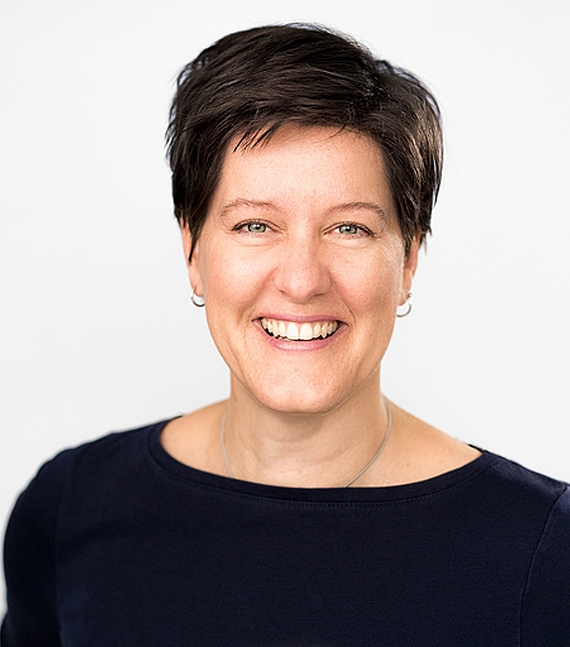
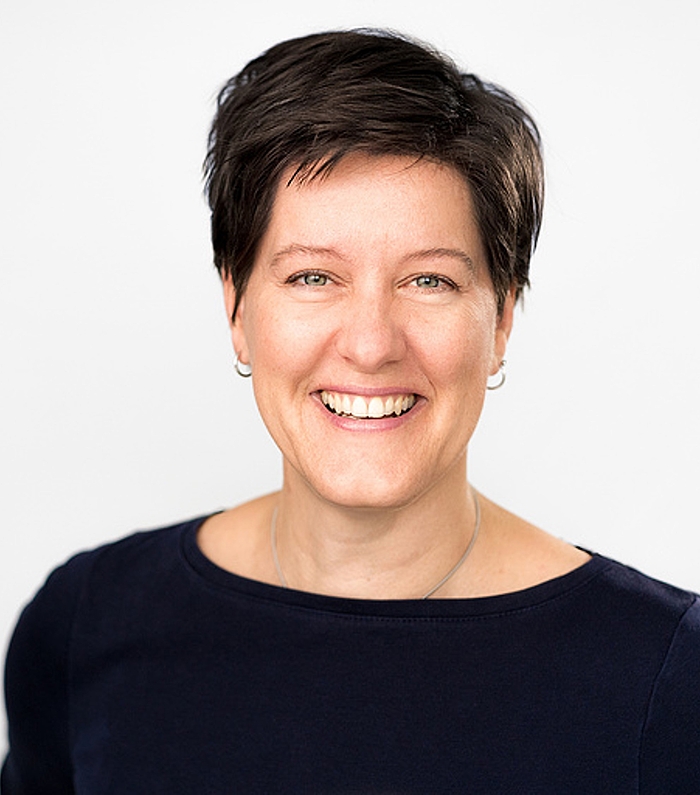
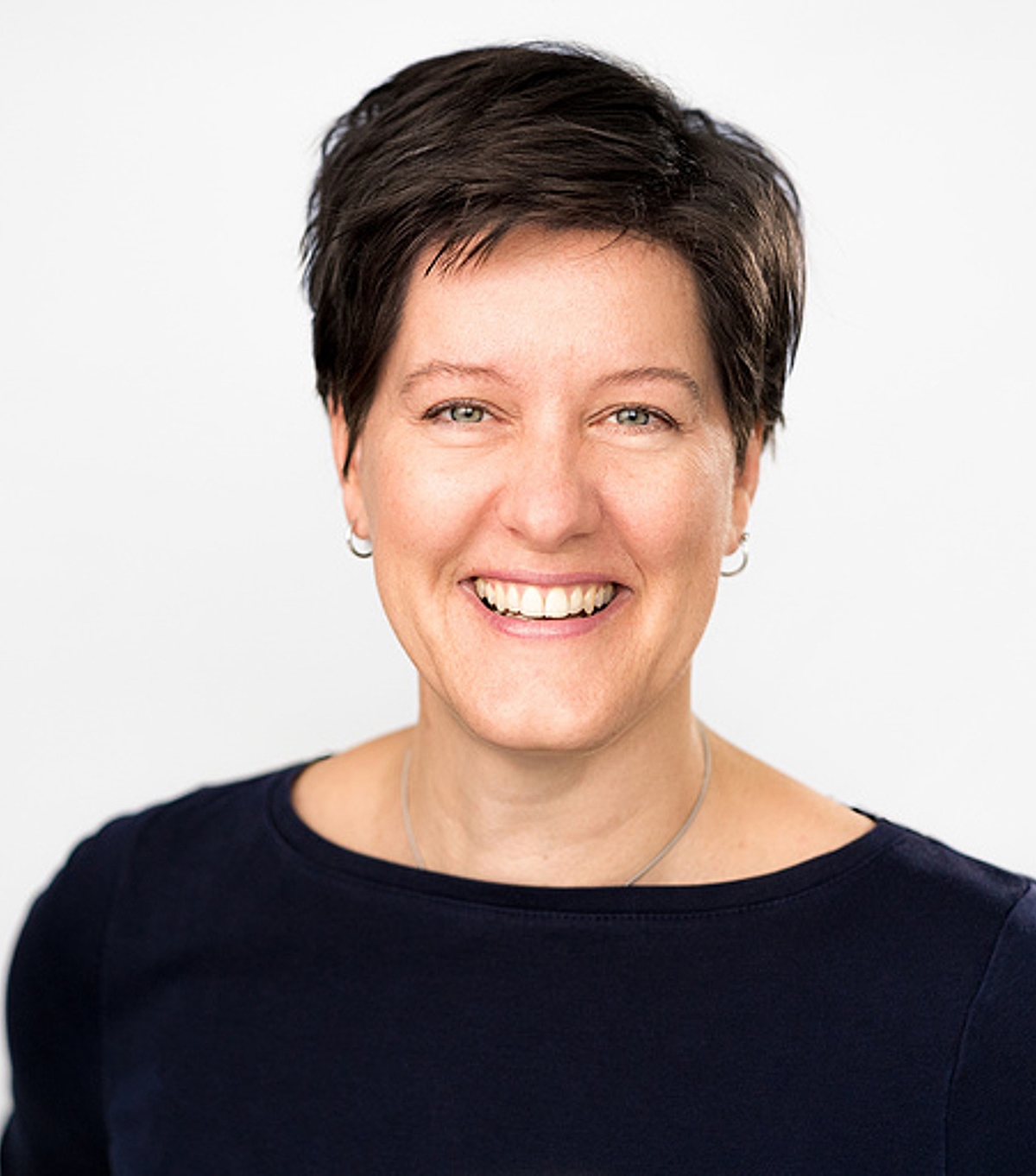
Dipl.-Päd. Birga Stender, MBA | Department of Electrical Engineering and Computer Science Education
Fundamental concepts/ ideas of electrical engineering - a subject didactic analysis and conception
-
Supervision
Primary Examiner: Prof. Dr. Julia Gillen, Leibniz University Hannover
-
Abstract of the Research Project
Some subject didactics of general education school subjects have developed "fundamental concepts" or "fundamental ideas". They provide teachers at schools and universities with an instrument that can be used to select contents from the abundance of subject-related objects and to assess their relevance in teaching and learning.
The concepts or ideas are aimed at subject-methodological competencies (e.g. structure formation, development of knowledge networks). They represent principles or ideas of the subject that connect diverse individual phenomena, become visible at different subject-related levels and have crystallised as significant over a long period of time. They enable learners to recognise the core and the way of thinking of a particular subject. They help with orientation in strongly grown, digitally available bodies of knowledge.
A corresponding approach has not yet been found in subject didactic research for electrical engineering. Within the framework of my PhD project at the interface of vocational teacher education and the subject didactics of electrical engineering, I am researching how the concept of fundamental concepts or fundamental ideas can be transferred to the vocational subject of electrical engineering, and I am developing a proposal for a corresponding collection of such fundamental concepts or fundamental ideas.
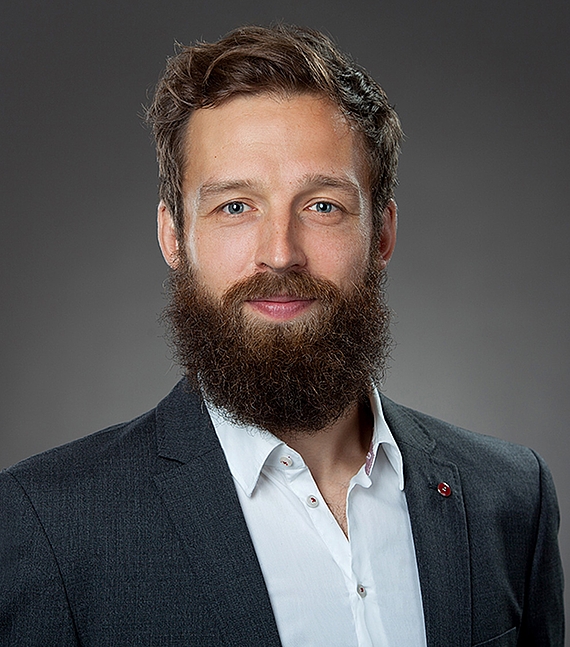
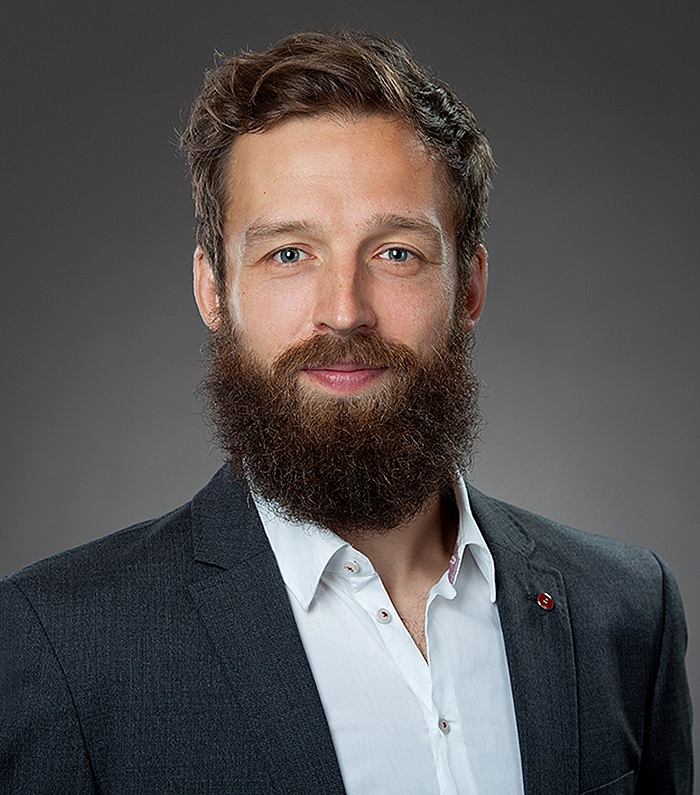
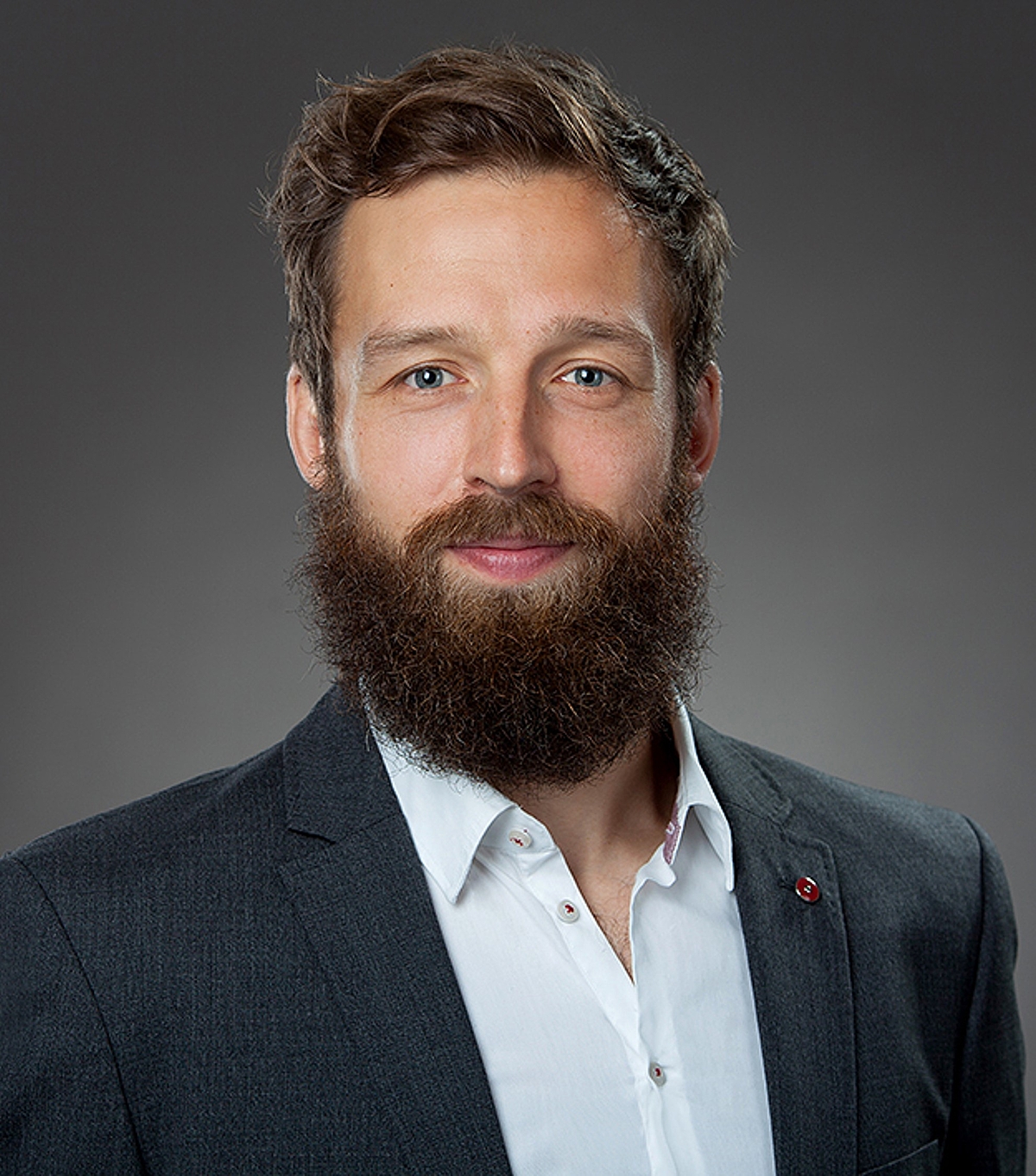
Fritz Wilhelms, M. Sc. | Institute of Vocational Sciences in the Building Trade
Development of a blended learning event with the help of digital teaching aids on CNC technology for the teaching profession at vocational schools for the subject area of plant operations and manufacturing of wood products
-
Supervision
Primary Examiner: Prof. Dr. rer. nat. Klaus Littmann
-
Abstract of the Research Project
Objective and theoretical Background
The special set of problems and needs of students of vocational teacher education call for measures to meet the demand and drop-out issue of the study programme (Dahm et al. 2018). Designing teaching content to suit the target group, making studies more flexible and promoting competencies in relation to digitalisation are just some of the measures that can be taken and that arise for the vocational teaching profession (Lojewski and Schäfer 2018). The development of a blended learning course for the wood technology specialisation in the field of CNC technology is intended to meet the specific needs and problems of students of the vocational teaching profession in the wood technology specialisation and is my declared action product. With the help of digital learning materials, I want to develop a concept that can be used for flexible university teaching, contains bi-differentiated learning material and promotes the acquisition of digital competencies. My objective is to find out how digital teaching materials can be used didactically in a university context in order to meet the aforementioned problems and needs.
Methodological approach
Through systematic design, implementation, review and re-design in the context of the design-based research approach (Reinmann 2005), I want to evaluate, redesign and improve the course. I will support this with surveys of teachers, students and media pedagogical and didactical experts using qualitative guided interviews (Gläser and Laudel 2009) and further develop it with a qualitative content analysis (Mayring 2015). The developed event is intended to contribute to the theorisation of innovative teaching-learning scenarios in vocational university teaching and, if possible, to be transferred to other events.
Bibliography:
Dahm, Gunther; Kamm, Caroline; Kerst, Christian; Otto, Alexander (2018): Ohne Abitur an der Hochschule – Studienstrategien und Studienerfolg von nicht-traditionellen Studierenden. In: Imke Buß, Manfred Erbsland, Peter Rahn und Philipp Pohlenz (Hg.): Öffnung von Hochschulen. Wiesbaden: Springer Fachmedien Wiesbaden, S. 157–186.
Gläser, Jochen; Laudel, Grit (2009): Experteninterviews und qualitative Inhaltsanalyse als Instrumente rekonstruierender Untersuchungen. 3., überarb. Aufl. Wiesbaden: VS Verlag für Sozialwissenschaften (Lehrbuch).
Lojewski, Johanna; Schäfer, Miriam (2018): Berufstätige Studierende: Herausforderungen und Anforderungen einer heterogenen Gruppe. In: Imke Buß, Manfred Erbsland, Peter Rahn und Philipp Pohlenz (Hg.): Öffnung von Hochschulen. Wiesbaden: Springer Fachmedien Wiesbaden, S. 187–214.
Mayring, Philipp (2015): Qualitative Inhaltsanalyse. Grundlagen und Techniken. 12., überarb. Aufl. Weinheim: Beltz (Beltz Pädagogik).
Reinmann, Gabi (2005): Innovation ohne Forschung? Ein Plädoyer für den Design-Based Research-Ansatz in der Lehr-Lernforschung. In: Unterrichtswissenschaft 33 (1), S. 52–69.
- Description of the PhD Project
Project-independent PhD Projects



Janine Michele, M. A. | Institute of Vocational Education and Adult Education
On the influence of health literacy on the professional socialisation of young adults with chronic illnesses
within the framework of the project-independent doctoral fellowship "Chronic Diseases and Health Literacy (ChEG - Chronische Erkrankungen und Gesundheitskompetenz)" of the Robert Bosch Stiftung at the Hanover Medical School, Institute of Epidemiology, Social Medicine and Health Systems Research
